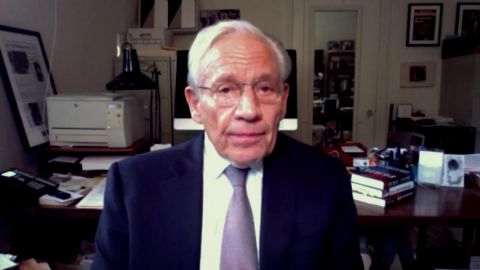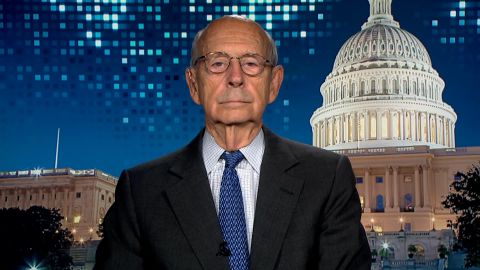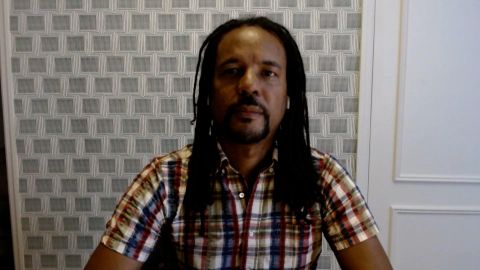Read Transcript EXPAND
COLSON WHITEHEAD, AUTHOR, “HARLEM SHUFFLE”: But, for me, I came to write about Harlem. I started to live there as a small child, and I hadn’t spent a lot of time there in my adult years. So I had to go and actually make it vivid for me and true to the reader. So that means a lot of research. Whether I’m writing about plantations in Georgia in 1850, or Harlem in ’61 and ’64, I have to do the legwork. And so I am trying to make it real for people who don’t know what the place is actually about.
CHRISTIANE AMANPOUR: OK, so let’s just pursue that, because you said, I hope the rest of it was good. Well, in the same review, and I have read others says, that, in fact, you crafted a brilliant crime novel that doubles as a meditation on the nature of black geography. So, let’s drill down. You have chosen a heist novel in Harlem, but it is all about the space and the time. What are you trying to say about the geography of that place at that time?
WHITEHEAD: Well, New York is just a great, dynamic place. And Harlem reflects those changes and that dynamism. And so it starts off as farmland and pasture lands in the 19th century. Speculators start building tenements uptown, and people come. Waves of Italian, Irish, Jewish immigrants try to make it in a new country in New York City, and they move out. And Southern blacks move up north, folks in the West Indies. And there’s this great churn and dynamism in Harlem. And so it is about a heist, but once you start bringing in Harlem and making it real, it becomes a story about the city and all the strivers who come through.
AMANPOUR: OK, so your main character, Ray Carney, in this heist is a fence. And that means he, I guess, takes the goods, off-loads them, and on it goes. And so I want you to read — I know it’s from the beginning part of the book — a passage that we have asked you to choose just to set the stage.
WHITEHEAD: Sure. He’s — he has a furniture store. That’s his front. And he dabbles in illegal activities. And part of the story is mapping the arc of his descent into a more criminal lifestyle. “Carney was only slightly bent when it came to being crooked in practice and ambition, the odd piece of jewelry, the electronic appliances Freddie and then a few other local characters brought by the store he could justify, nothing major, nothing that attracted undue attention to his store, the front he put out to the world. “If he got a thrill out of transforming these ill-gotten goods into legit merchandise, a zap-charge in his blood like he’d plugged into a socket, he was in control of it and not the other way around.
About This Episode EXPAND
Stephen Breyer; Colson Whitehead; Bob Woodward
LEARN MORE


